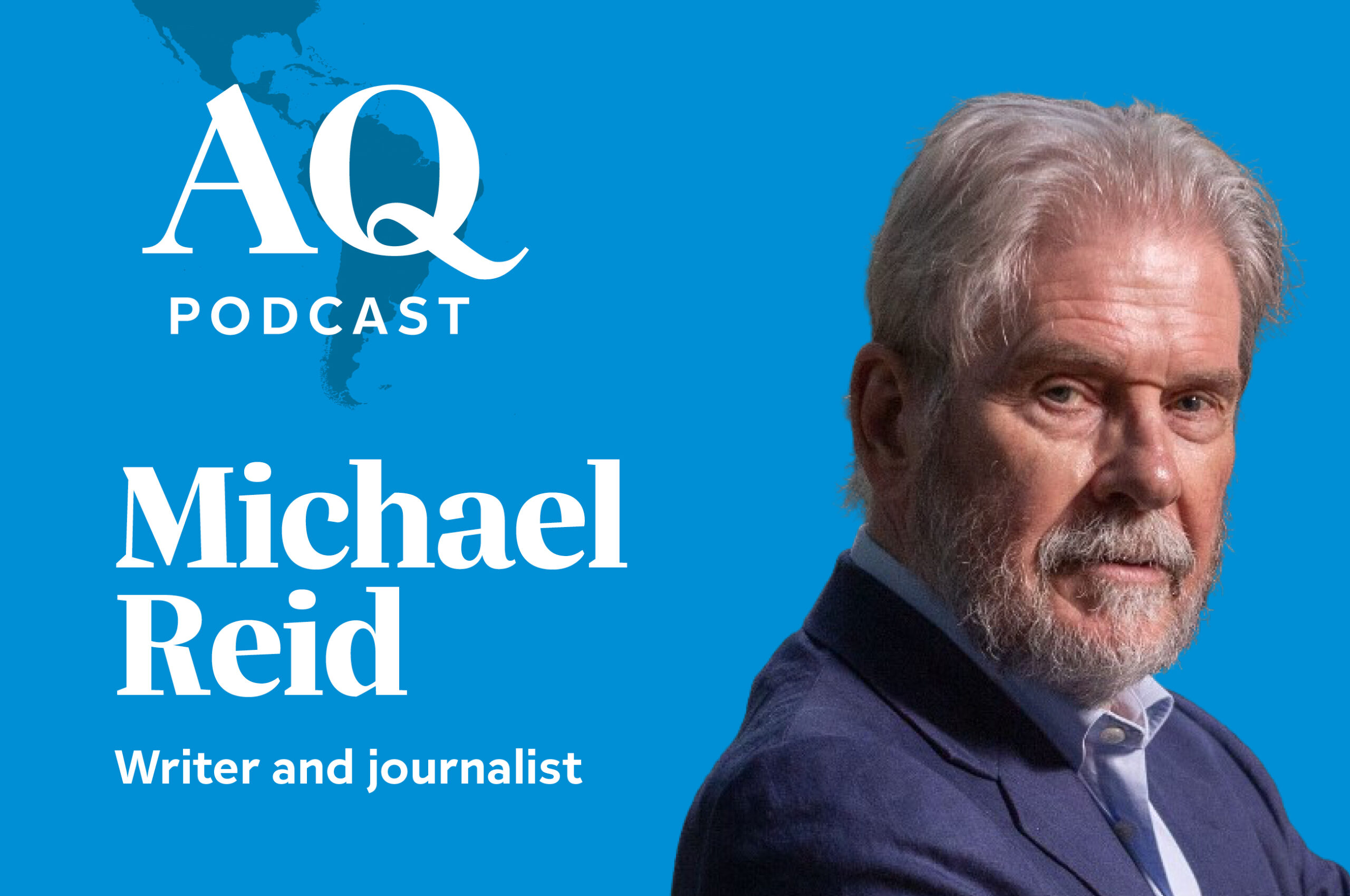Obama on the Americas
Obama on the Americas
Heavily favored across the Americas, Barack Hussein Obama cruised to a victory on Election Day. Where does he stand on issues that affect the Americas and Hispanic voters? An AS/COA analysis takes a look at his positions on trade, immigration, and U.S.-Cuba policy, as well as how he is perceived across the hemisphere.
As the world watched, U.S. voters took to the polls Tuesday and elected Senator Barack Obama as the next president. Over the course of the long campaign, the Democratic senator from Illinois shared his policy proposals on crucial matters for the Americas and the U.S. Hispanic population, including trade, immigration, and U.S.-Cuba relations. Although Obama has not yet set foot in the Americas, throughout a majority of the region he was favored over Republican Senator John McCain. And while Hispanic voters chose his Democratic rival Hillary Clinton during the primary season, they helped secure his bid for the presidency on Election Day.
During campaigns and in the wake of Fidel Castro ceding power to his brother, Washington’s Cuba policy emerged as a point of contention between the candidates, particularly over Obama’s willingness to hold bilateral talks with leaders of countries hostile to the United States—Cuba included. The president-elect advocates easing restrictions on remittances and travel for relatives who still have family members in Cuba. In a late September interview with Miami’s Radio Caracol, Obama voiced support for maintaining the embargo against Cuba “until we are seeing clear signs of increased political freedom.”
If Havana makes democratic strides and release all political prisoners, Washington would take steps to normalize relations, according to the Obama campaign. Although Castro claimed neutrality in the election, in a November 4 column he said Obama is “without doubt more intelligent, cultured, and calm than his Republican adversary.”
On the matter of trade, Obama supports free-trade agreements accompanied by labor and environmental protections. The Obama-Biden ticket also pledged renegotiation of the North American Free-Trade Agreement. As a senator, Obama voted in favor of the U.S.-Peru bilateral trade pact, but has voiced reluctance over approval of the pending trade deal with Colombia based on concerns about violence against labor leaders in that country. His position drew criticism from Colombian President Álvaro Uribe, who qualified Obama’s opposition as an “outrage.”
However, Obama has garnered support throughout the Americas. Although Brazilian President Luiz Inacio Lula da Silva did not outright endorse Obama, he emphasized the significance of a black man leading the United States, saying, “[i]t will be a huge step forward. It would be one of the biggest events in the last 100 years.”
A Poder analysis on the diplomatic challenges and opportunities faced for the next administration notes that President George W. Bush’s multiple trips to the region failed to help his approval ratings there. McCain has made several visits to Latin America, yet Obama stands more popular in the region despite his lack of travel there. The Economist’s global version of the electoral college has all countries across the Western Hemisphere showing preference for Obama, with the exception of Cuba. While Canada, Mexico, and Brazil showed the strongest level of support in that poll, Colombia and Venezuela showed the weakest. Another recent poll by Chile-based Latinobarómetro found that 29 percent of Latin Americans believed a victory by Obama would be better for the region versus 8 percent for McCain. Yet the survey also found that 29 percent did not prefer either candidate while 31 percent were unsure.
In the United States, Hispanic voters also favored Obama, serving as a crucial bloc, particularly in the states of New Mexico, Colorado, and Nevada. Exit polls showed that more than two-thirds of Latino voters opted for Obama over McCain. A new study by the Pew Hispanic Center found that even in Florida, one of the few states where Latinos tended to register as Republicans, 2008 voter registration showed a marked shift toward the Democratic Party. An editorial in La Opiníon heralds Obama’s victory, saying, “This success is, among other things, a triumph for minorities who finally see one of their own at the top. Future generations now have a new role model, and the ‘Yes, we can!’ repeated in rallies nationwide, is now a fact, not just a slogan.”
On the issue of immigration, Obama supports comprehensive immigration reform. During a July speech delivered to the League of United Latin American Citizens, Obama said immigration reform would be a priority for his first year in office and that “we have to finally bring undocumented immigrants out of the shadows.” He supports the DREAM Act, which would allow undocumented children to pursue higher education or serve in the U.S. military and eventually be able to gain legal status.
The new issue of Americas Quarterly, out November 6, offers 31 memos to the president-elect with recommendations for Americas policy from hemispheric leaders and analysts. Authors include Presidents Michelle Bachelet of Chile and Oscar Arias Sánchez of Costa Rica, Brazilian Defense Minister Celso Amorim, and OAS Secretary-General José Miguel Insulza.








